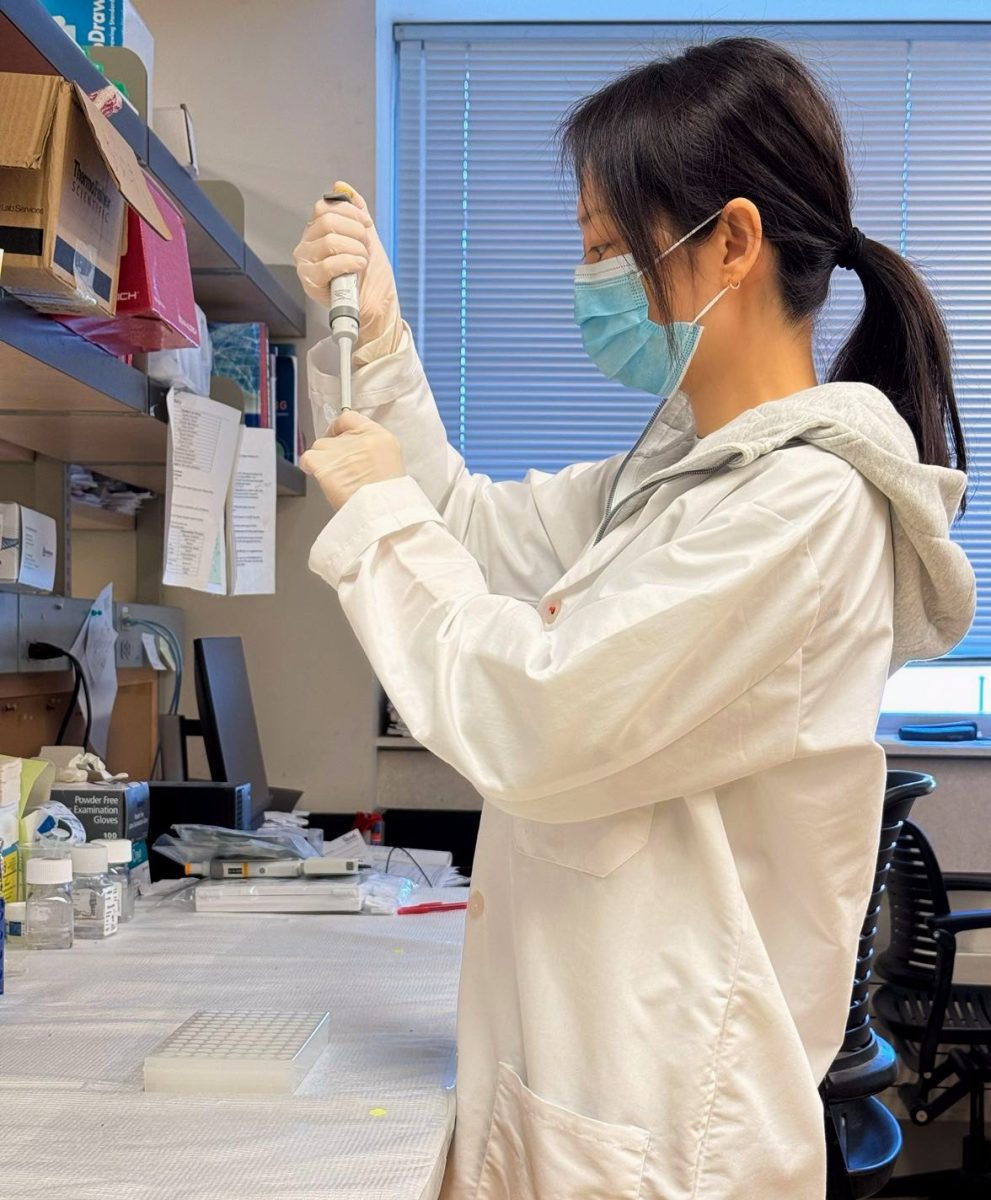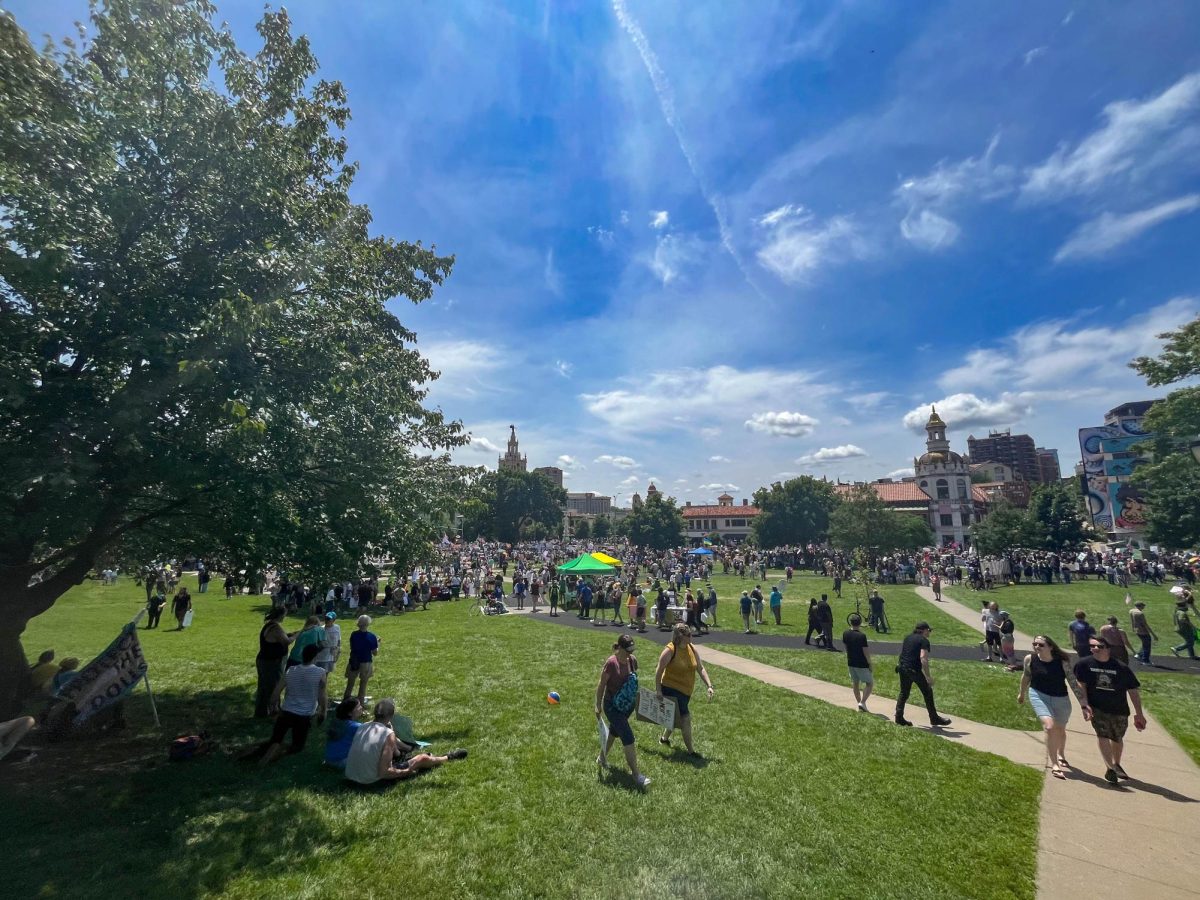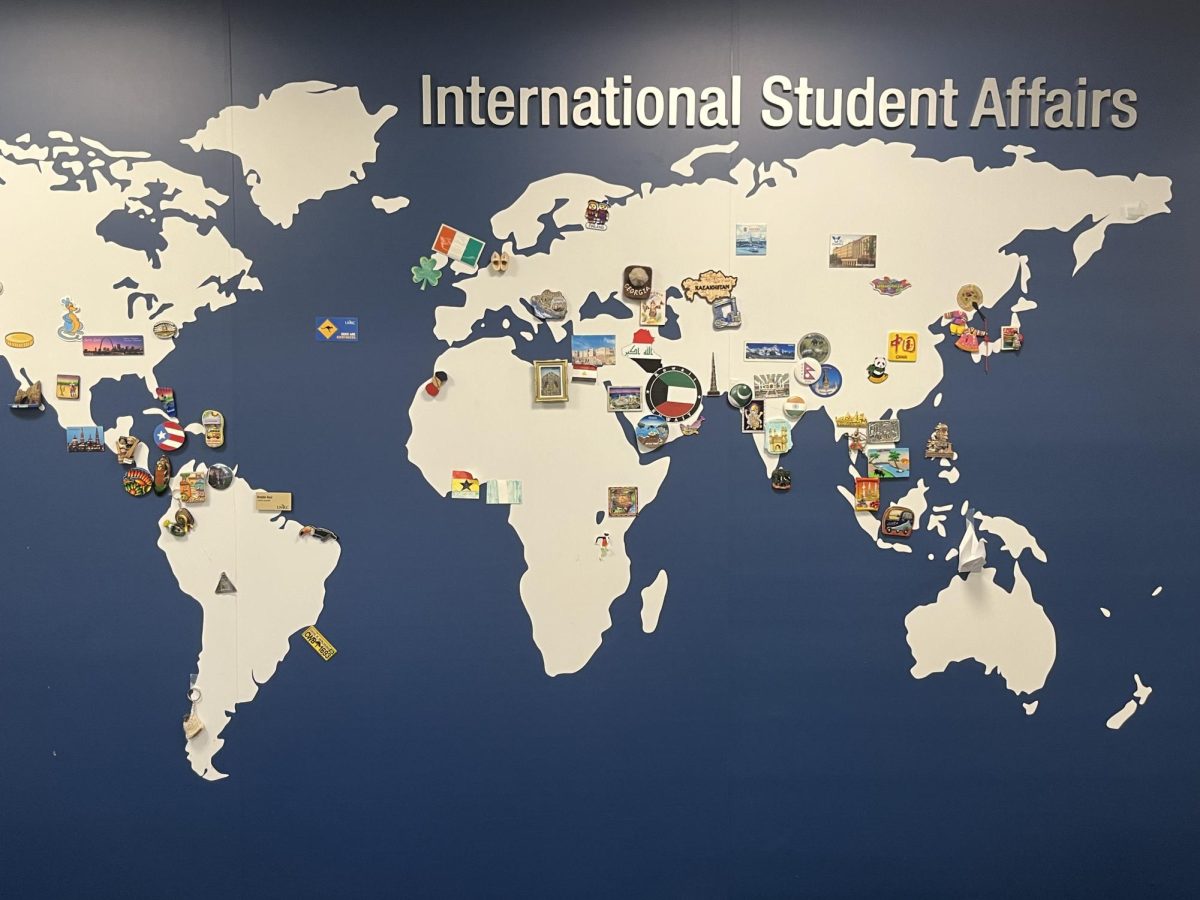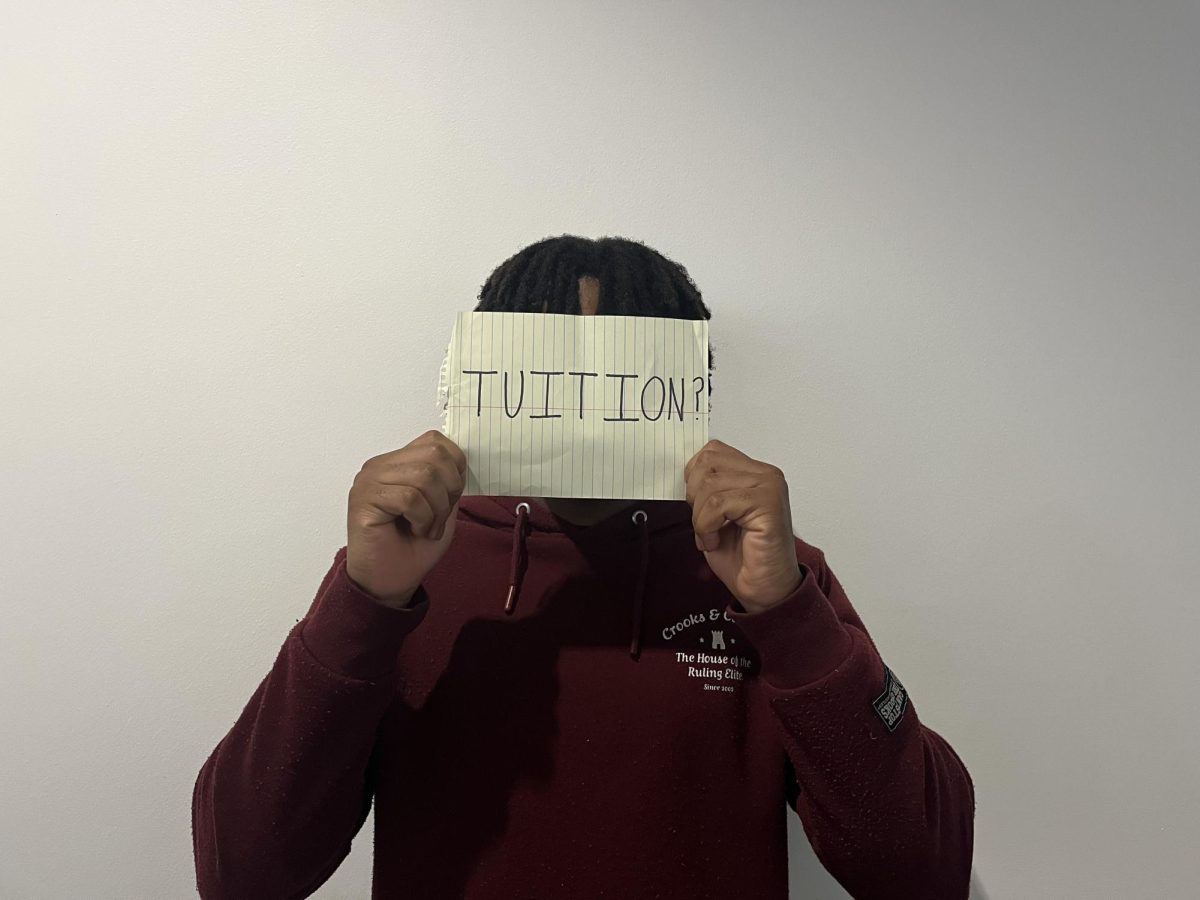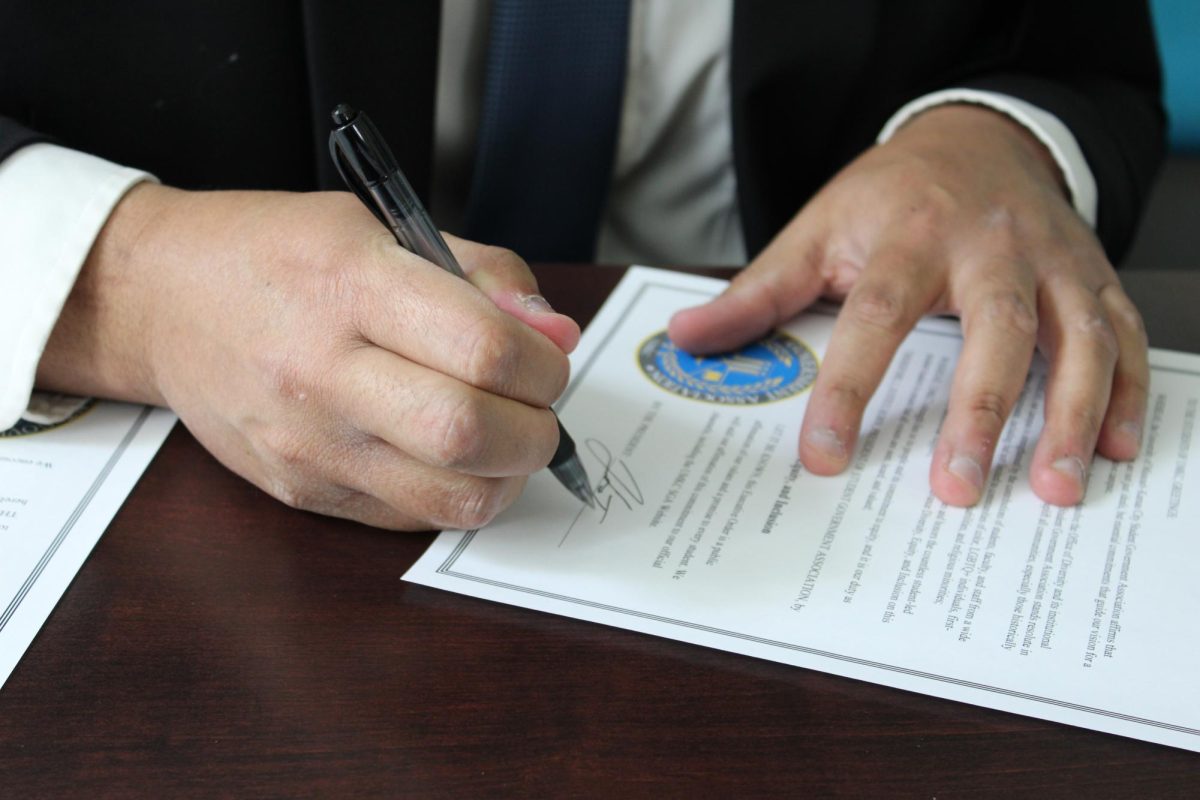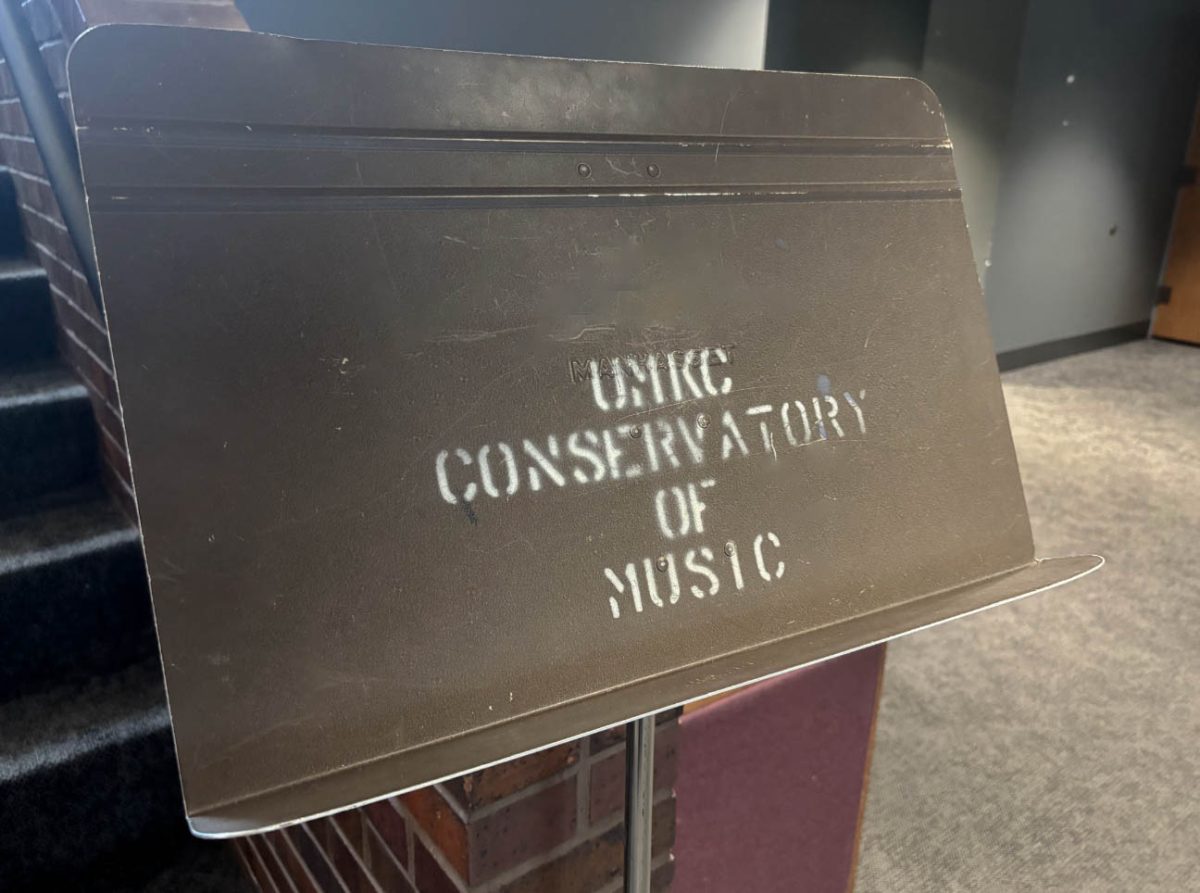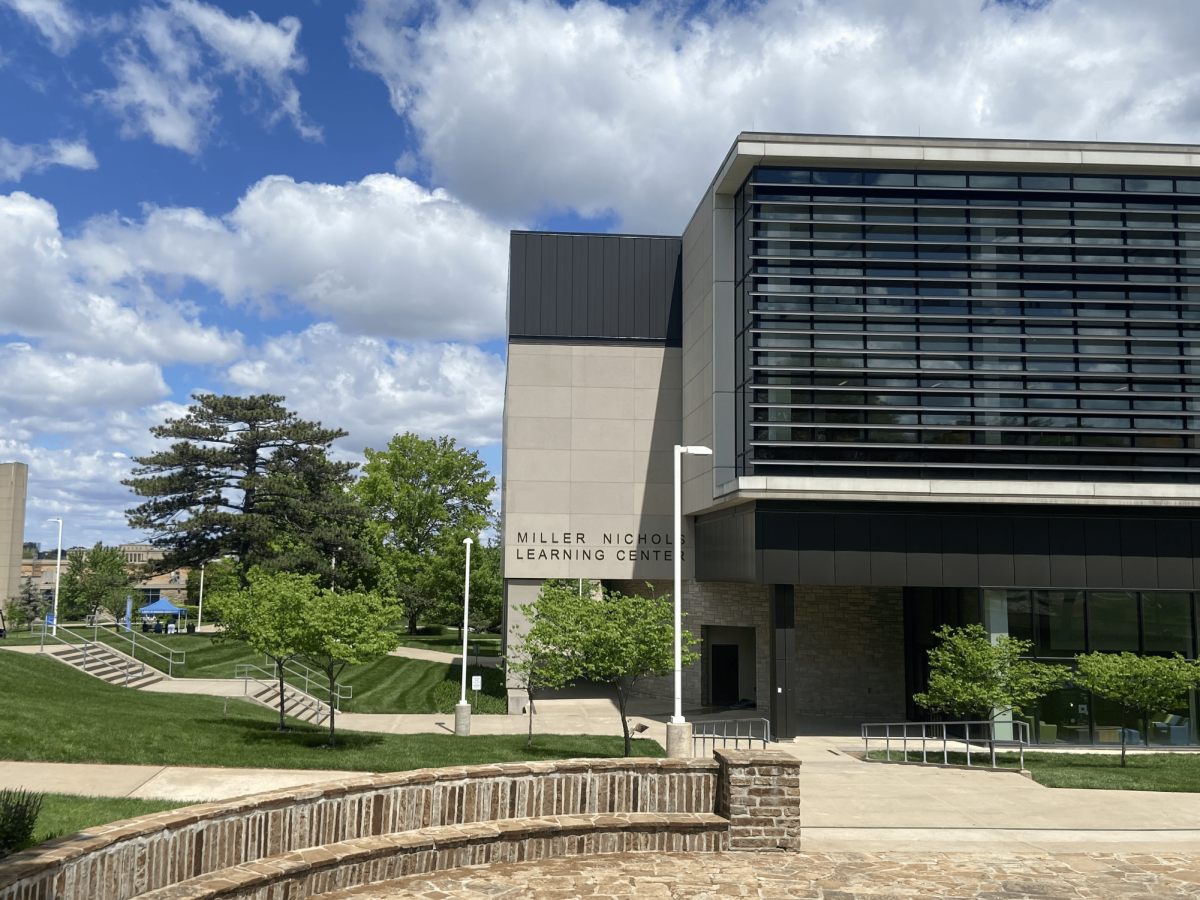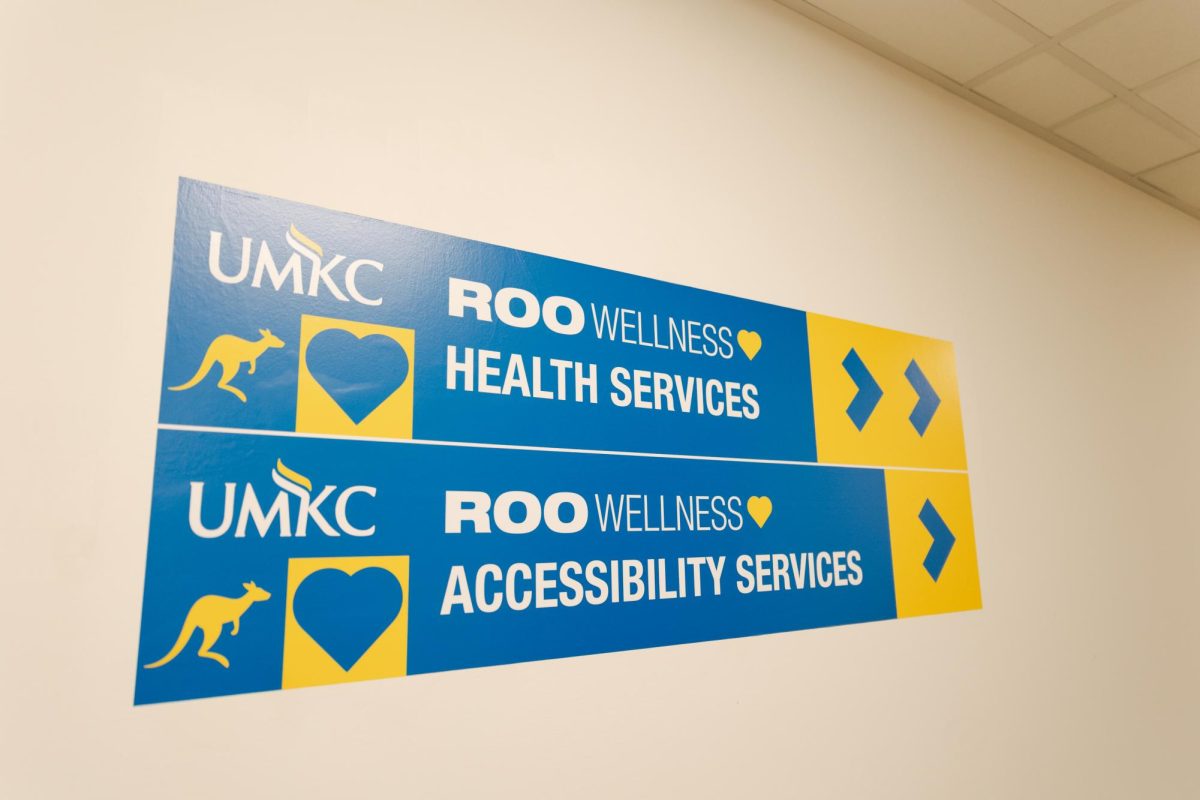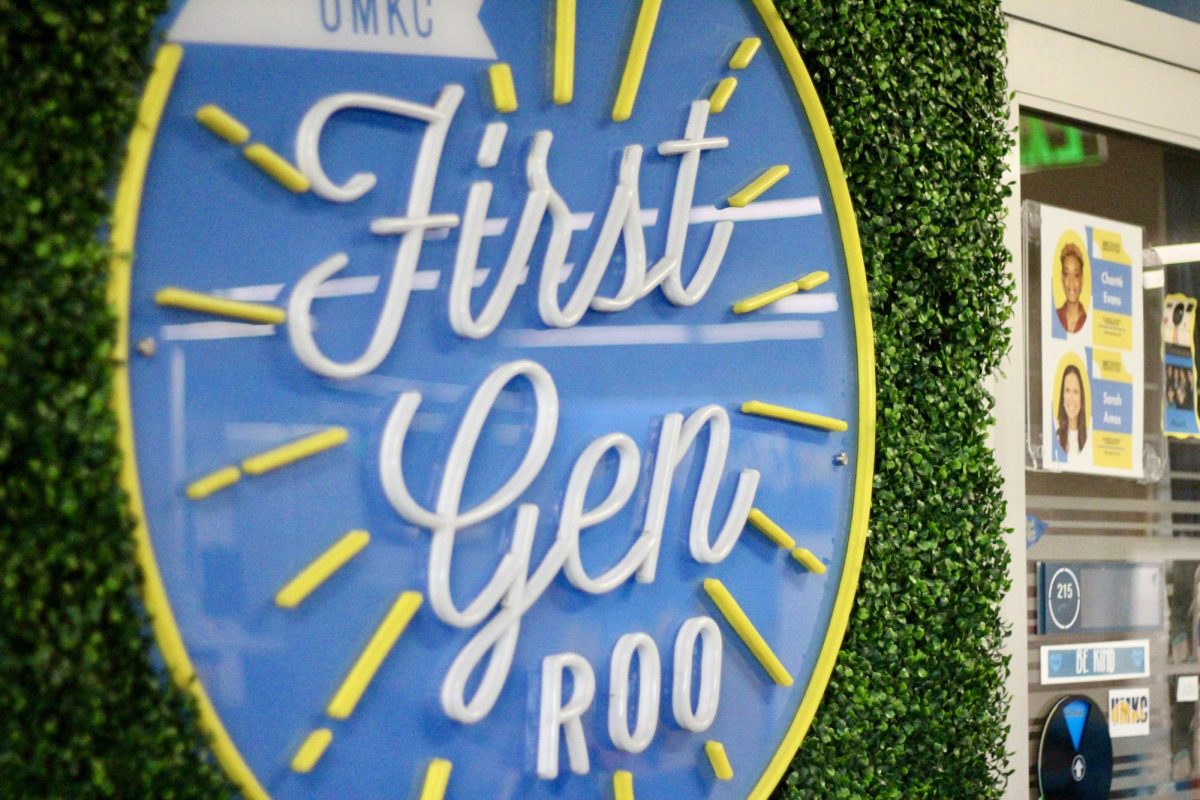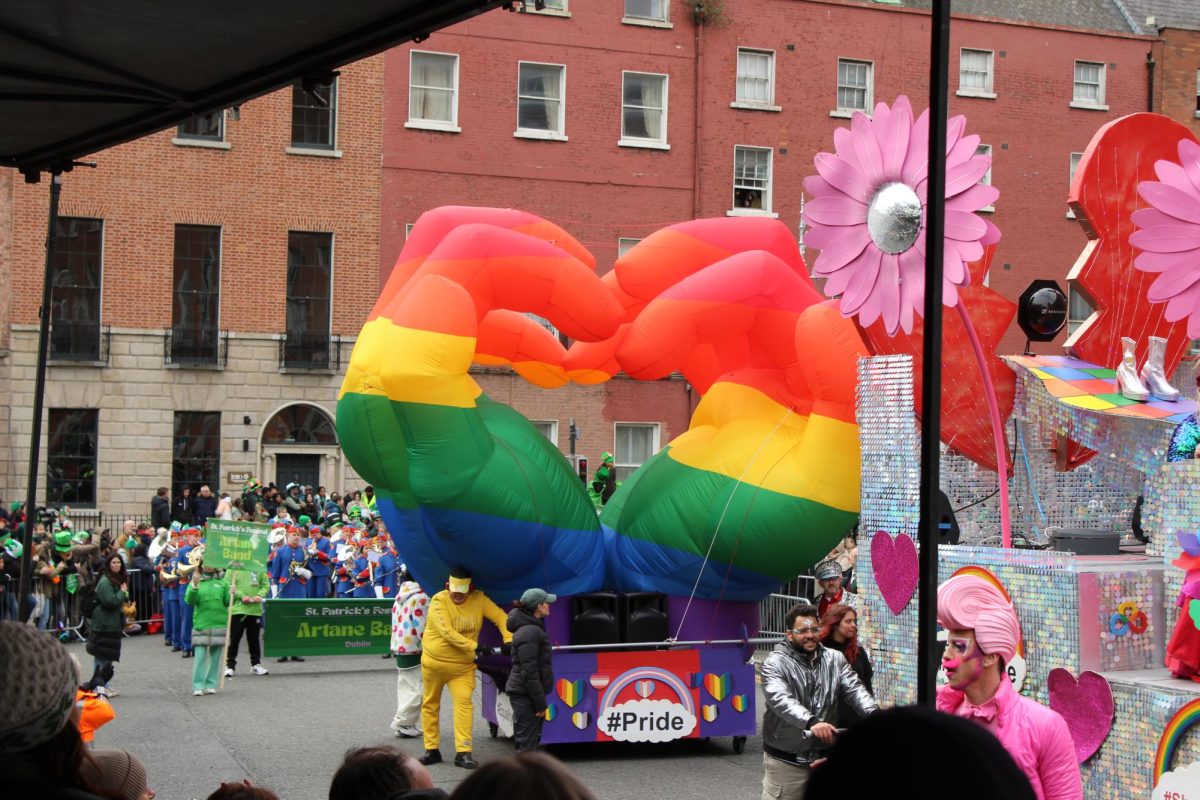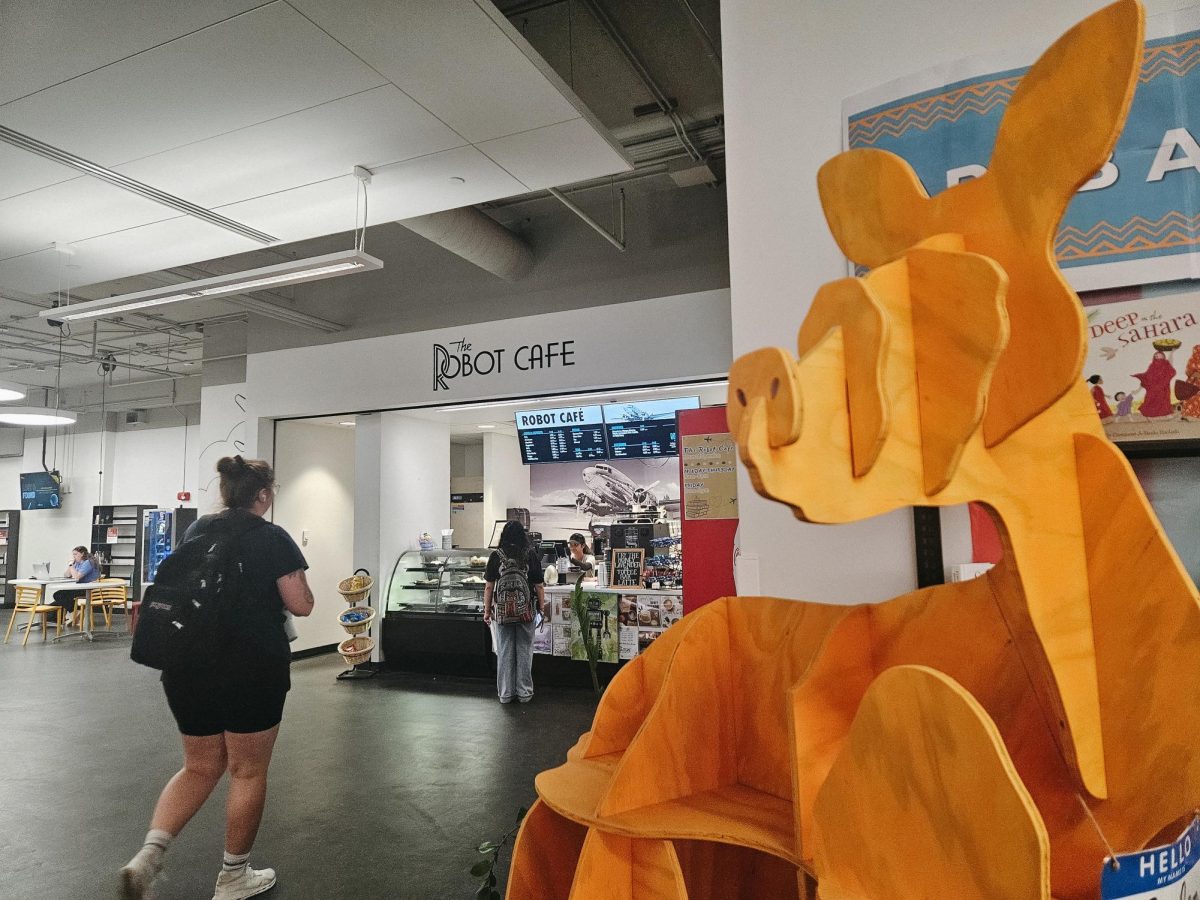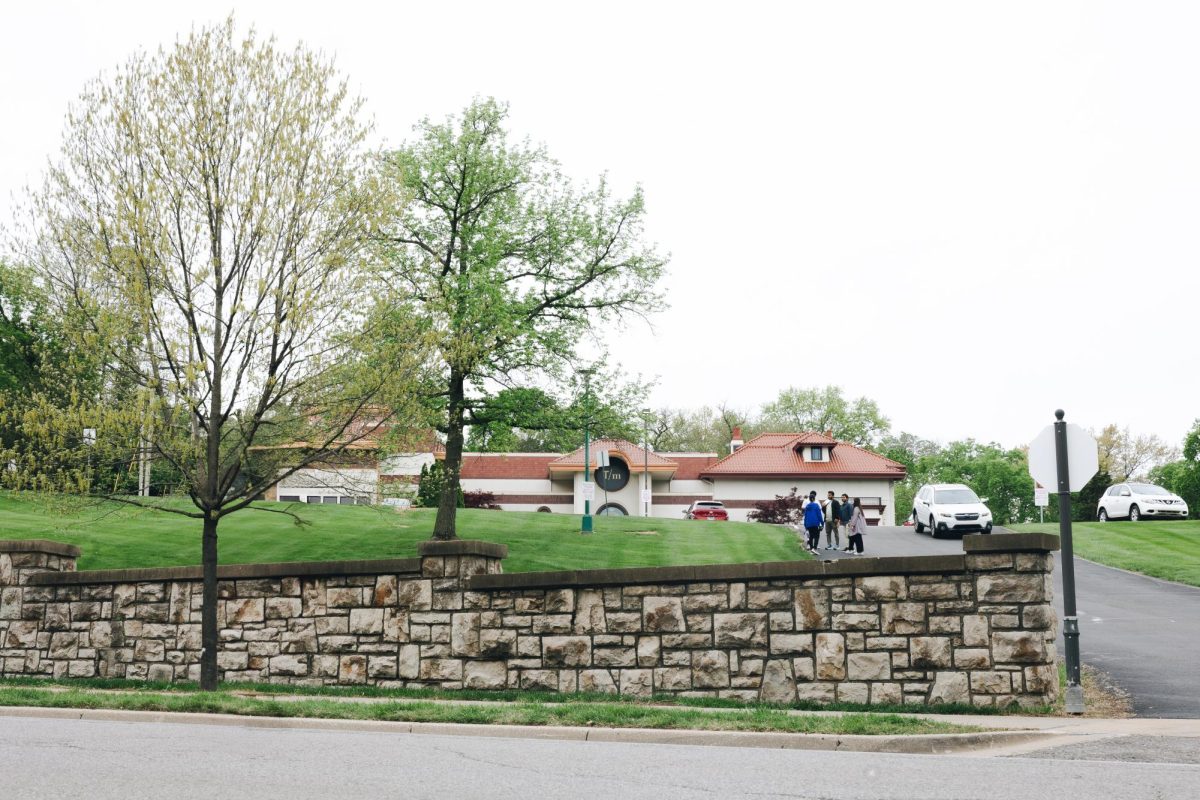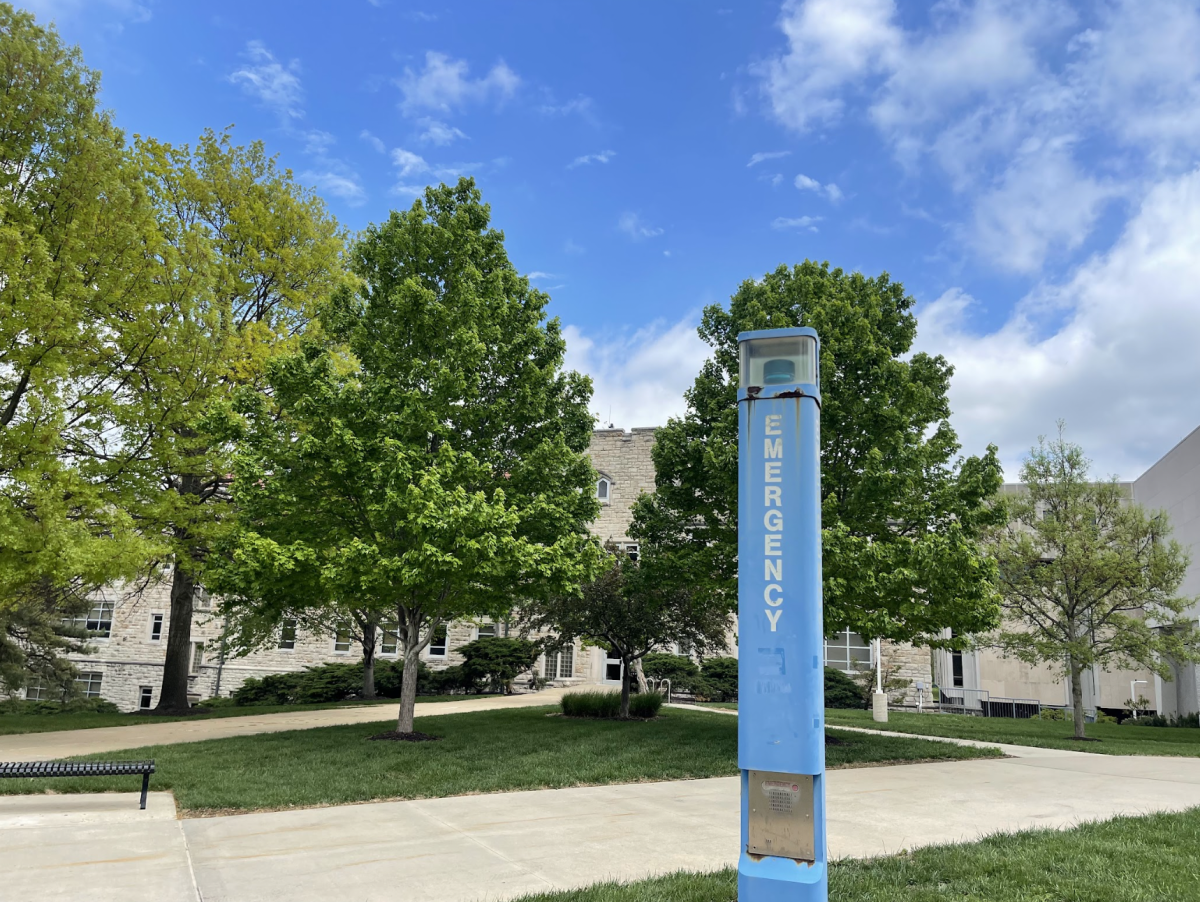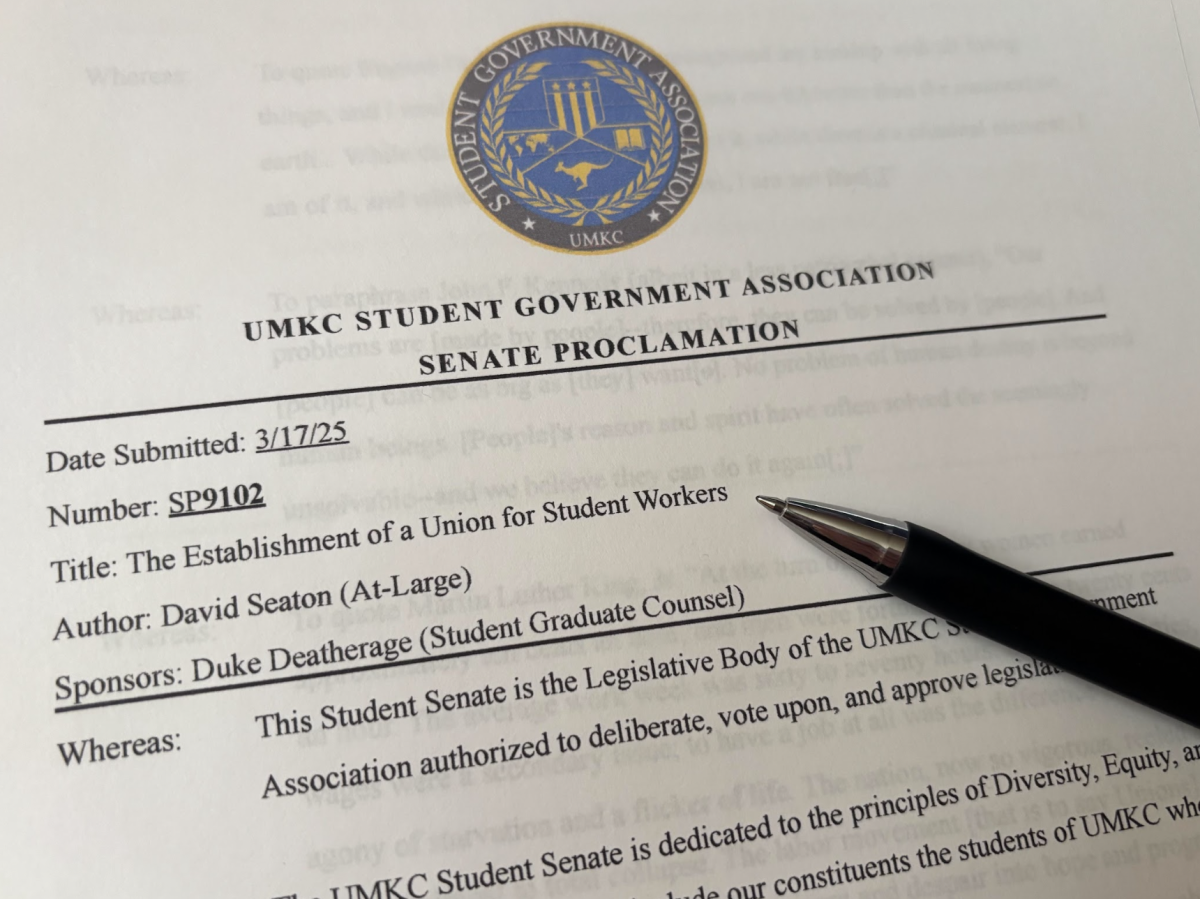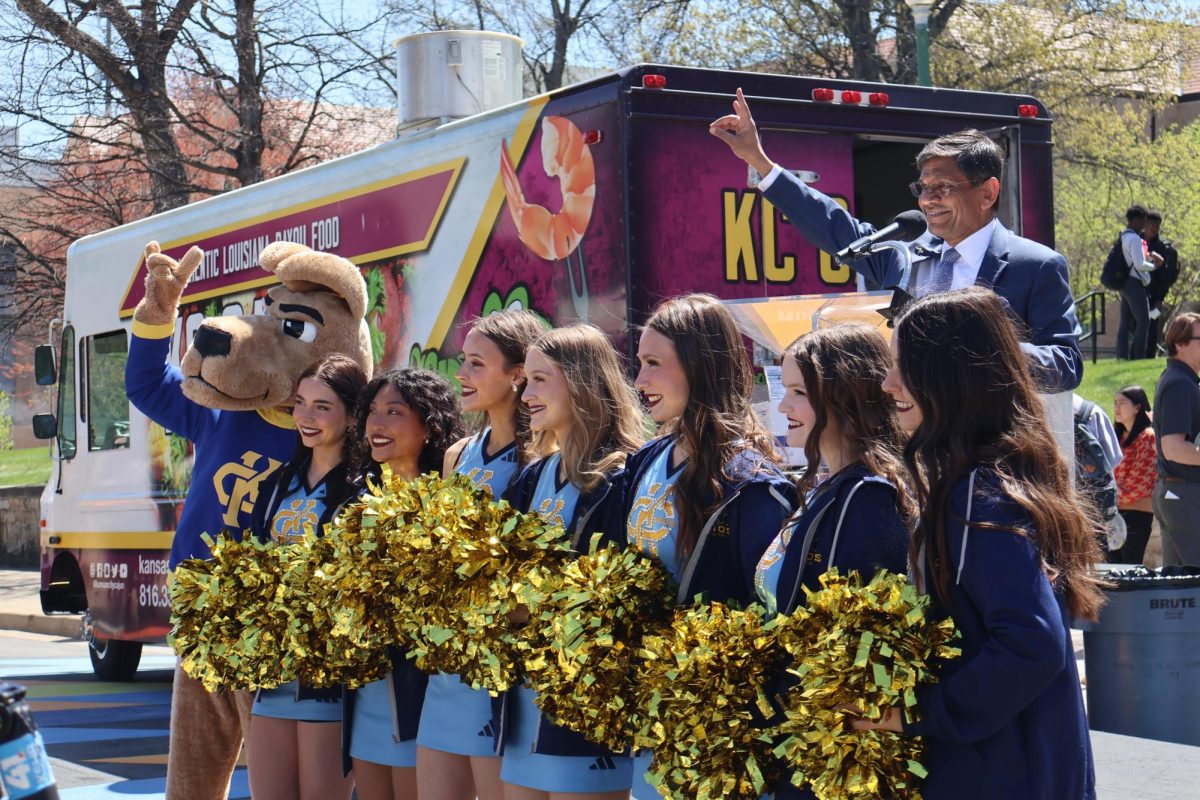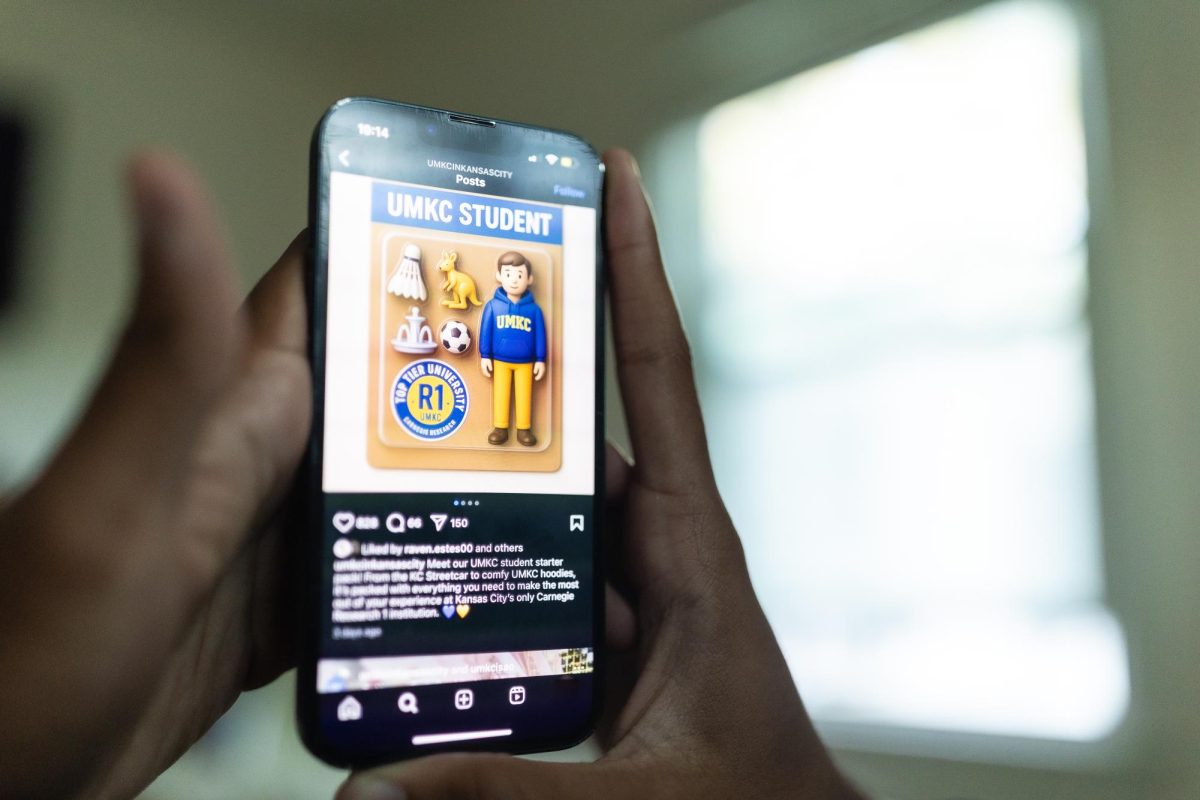It is hard to find someone whose life is not affected by cancer, and UMKC Ph.D. candidate, Yuhan Guo shared this reality when her grandmother was diagnosed with leukemia in 2018.
Once a person is diagnosed, they have a couple of treatment options that work but often leave them weakened. Ever since COVID-19, however, researchers like Guo have begun to discover the capabilities of RNA, a single-stranded molecule similar to DNA.
“Before the pandemic, no one believed in [the capabilities of] RNA, but almost everyone got injections with RNA vaccines for COVID,” said UMKC professor and Guo’s advisor, Dr. Kun Cheng. “So that opened the door for the future of RNA-based therapy as a vaccine, but more importantly, for diseases such as cancer.”
As an essential molecule, RNA does everything from delivering information to slicing up viruses depending on its type. Guo focuses on small, interfering RNA (siRNA) that interrupts cancer’s growth and proliferation once inside the cell. But getting the siRNA in is the problem that Guo is trying to solve.
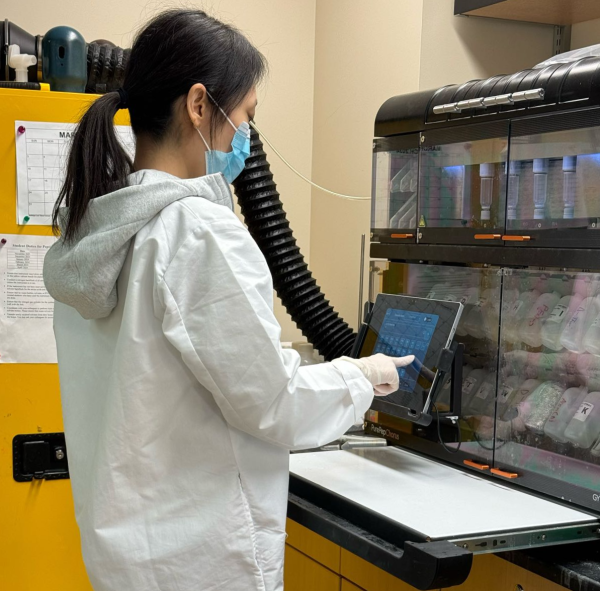
Much like a Trojan horse, she is designing a package around siRNA that the diseased cells would accept. Guo injects these “gifts” into mice with skin cancer and waits to see if they are integrated into cells.
She is designing packages made from lipids – the same material that a cell’s exterior is made of – and hopes to find one that targets and is accepted by cancer cells.
If the package is received, the siRNA molecule can diffuse into the cell where it interrupts the growth and division of the cell. Compared to radiation and chemotherapy, this type of cancer therapy could be a gentler, less invasive alternative.
Guo tests her creations in the UMKC labs from 9 a.m. to 6 p.m. most days and even some weekends. This amount of devotion can lead to isolation, as the majority of living things Guo sees in a day are mice and the occasional researchers working in the same lab.
The pressure to quickly publish drives this commitment. While Guo knows others are working on some sort of siRNA packaging, all researchers keep their methods secret until they can be credited for creating them.
“It takes time to figure out how it all works, how to formulate RNA, and how to deliver the RNA to the right site,” Guo said. “I can feel a kind of pressure and am afraid of researchers publishing before me.”
With extensive knowledge of pharmaceuticals, chemistry, biology and animal studies, Cheng said Guo has all the expertise and background necessary along with her strong commitment and ability to learn quickly.
Support from scholarships like the UMKC Women’s Council fund allows Guo to continue dedicating her time to the lab without worrying about supply shortages or making ends meet.
This fund has helped many female UMKC graduate students, and Guo uses it to provide the siRNA molecules and supplies for her lab experiments.


